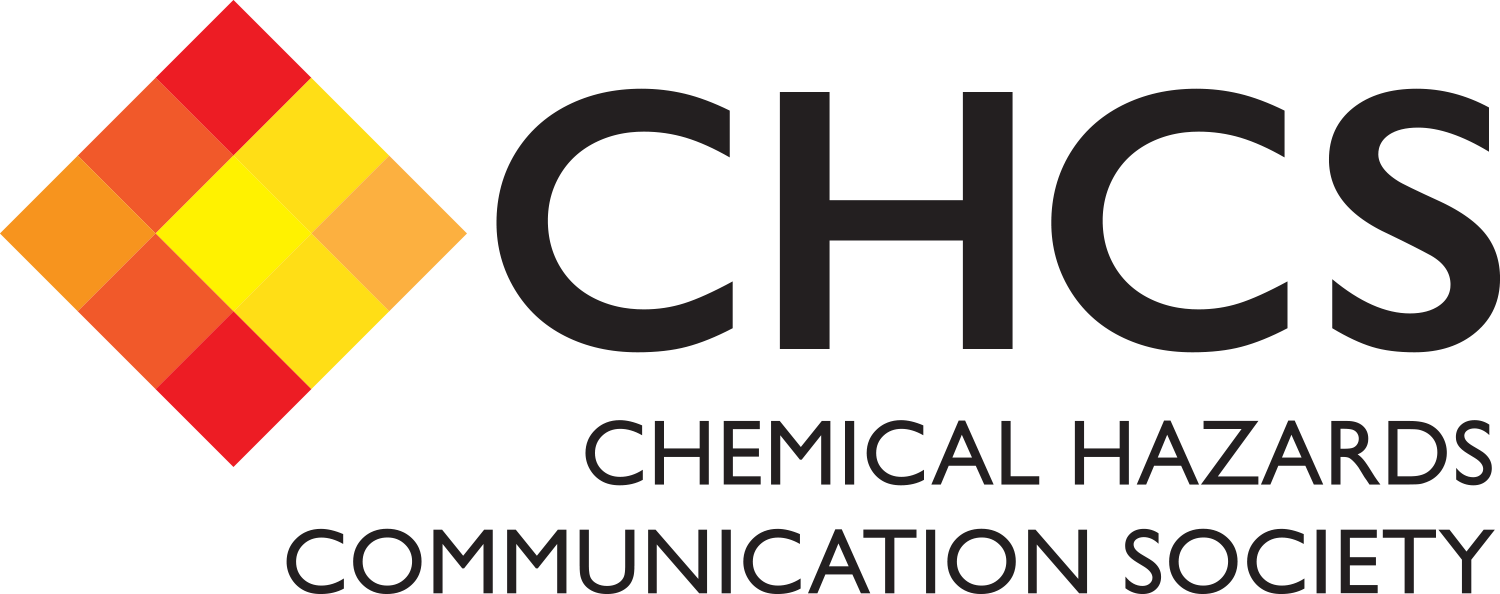
 |
CHCS Training
OTHER CHCS EVENTS
HOW TO JOIN CHCSCHCS Membership is open to any person with an interest in chemical hazard communications. You can join by completing the simple on-line form at Join CHCS. Contact CHCS |

 |
CHCS Training
OTHER CHCS EVENTS
HOW TO JOIN CHCSCHCS Membership is open to any person with an interest in chemical hazard communications. You can join by completing the simple on-line form at Join CHCS. Contact CHCS |